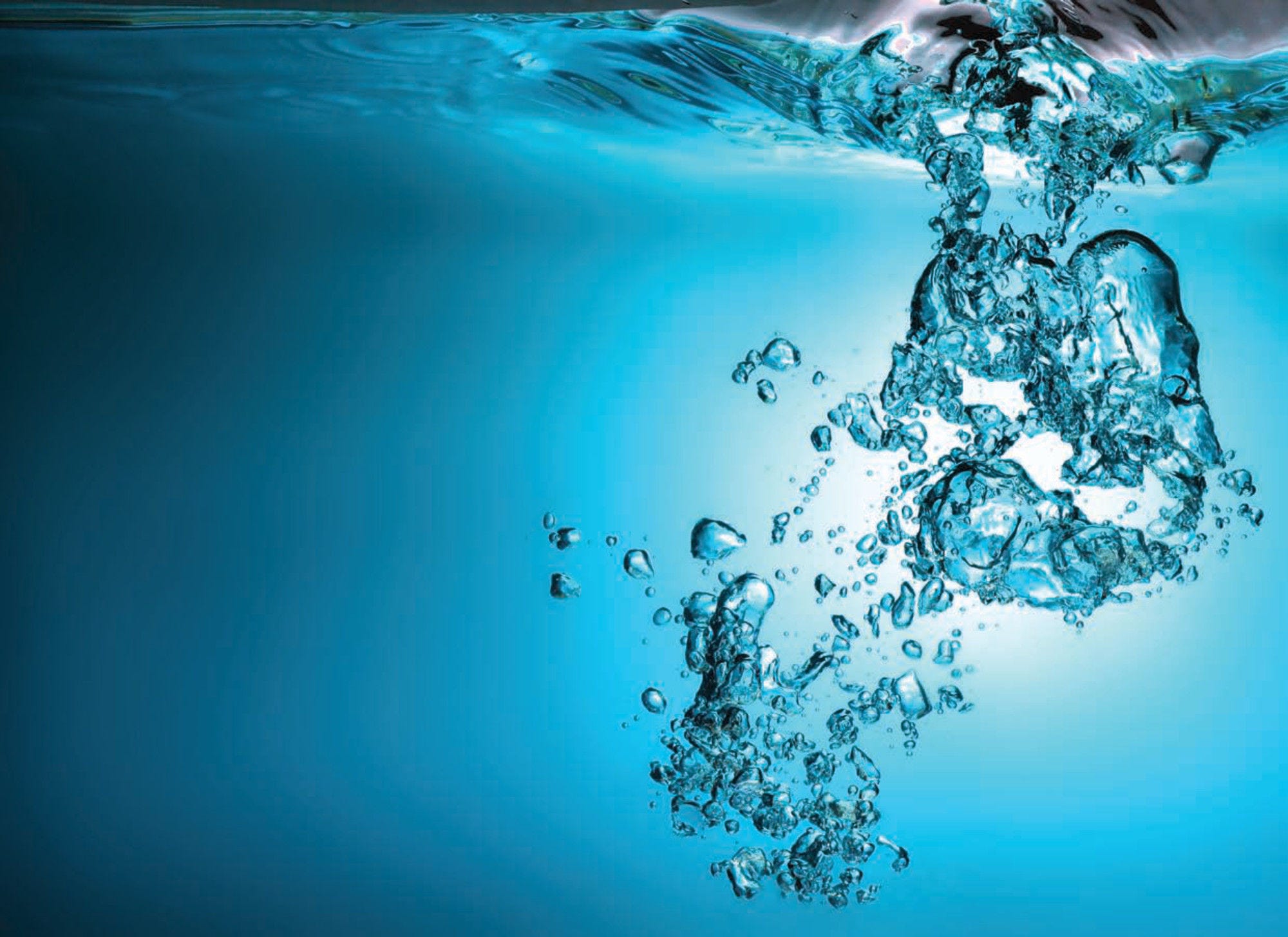OECD’s work on water started in the mid-1960s, focused on the science of environmental threats and technologies for assessing and monitoring them. Over the last 50 years, the OECD has continued to provide robust analyses and evidence-based policy recommendations to governments, elevating water as a driver for sustainable growth and expanding the scope and breadth of the work to cover water quantity and quality, access to water and sanitation services, water-related risks and disasters – including adaptation to a changing climate, as well as water governance and financing.
When I joined the OECD as Secretary-General in 2006, I endeavoured to further raise the profile of water at the OECD and in the global arena, as a strategic, cross-cutting concern. The intention was to transition from a sectoral to a multidisciplinary issue that drives sustainable and inclusive growth.
That resonated with the fact that in 2015, the global community adopted a Sustainable Development Goal on Clean Water and Sanitation (SDG 6), as part of the 2030 Agenda, thereby comforting OECD’s foundational approach to water economics. The prevailing context today – marked by a pandemic with lasting consequences on the health of our communities and social and economic systems – is a stark reminder of the value of access to safe water for human livelihood.
In 2016, OECD member countries unanimously adopted a Council Recommendation on Water – a legal instrument to which practice accords great moral force as representing the political will of Adherents. The Recommendation is a concise and coherent international standard providing high-level policy guidance on the management of water resources and the delivery of water services.
In order to support the implementation of the Recommendation, this Toolkit collates good practices, policies and governance arrangements from countries that adhere to the Recommendation. I trust that it can inspire all levels of government in their efforts to realise their water-related goals and commitments, achieve SDG 6 and contribute to other global agendas such as the United Nations General Assembly Resolution on the human rights to safe drinking water and sanitation, the Paris Agreement, the Sendai Framework and the New Urban Agenda.
I also invite non-OECD countries to adhere to the OECD Council Recommendation on Water and enrich the experience captured in the toolkit. The OECD stands ready to accompany their transition towards water policies and governance that are fit for future challenges and that will contribute to better lives.
Angel Gurría OECD Secretary-General

